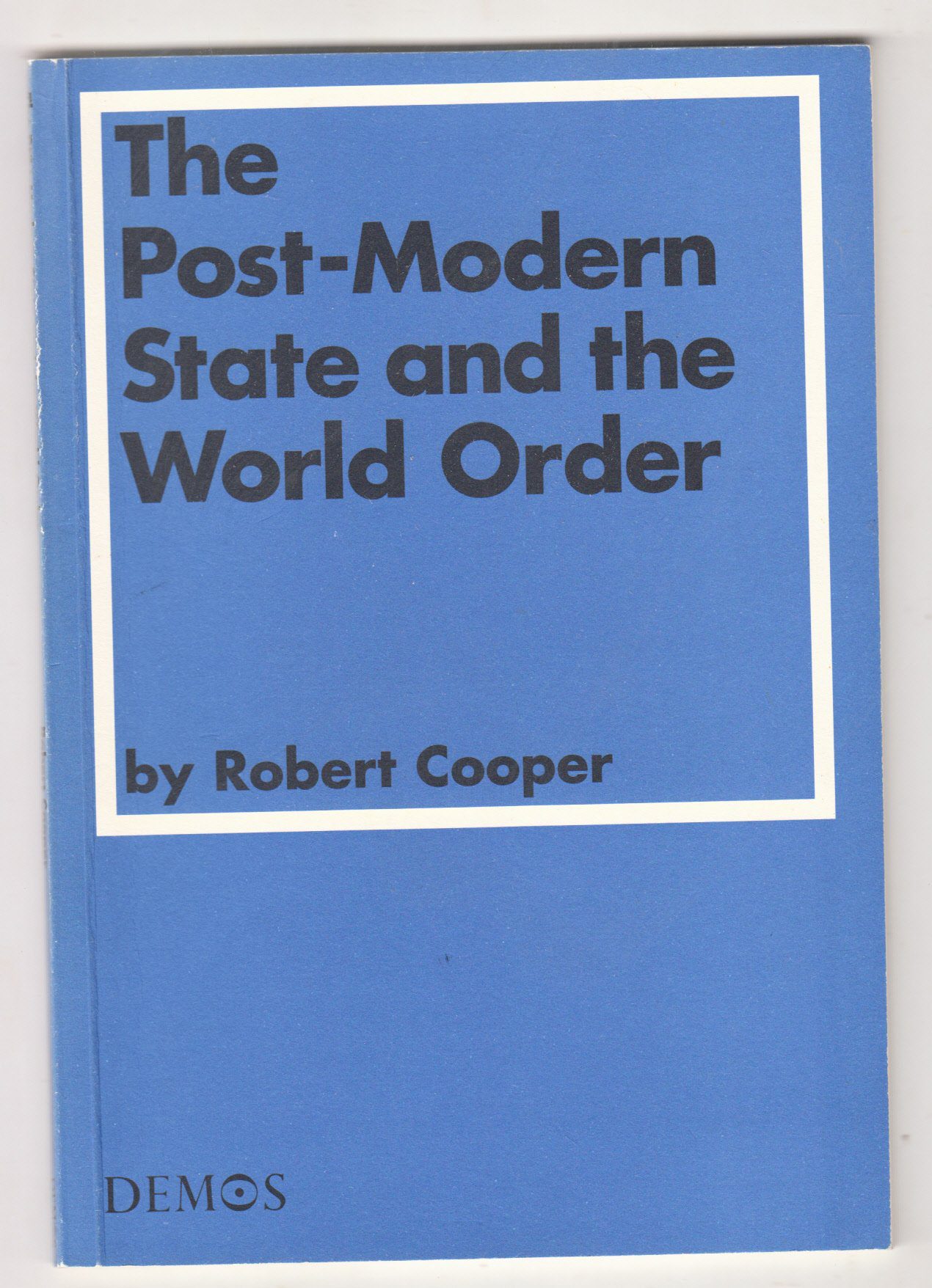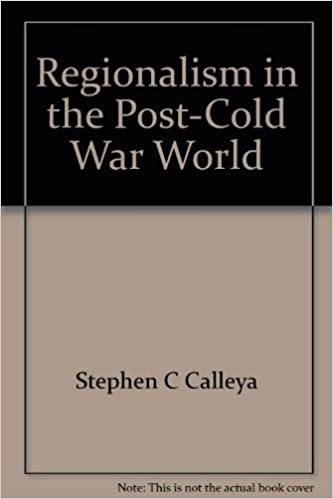In view of falling global favorability towards and the foreign policy challenges of the United States during this period, the purveyors of these opinions ultimately agree that US public diplomacy efforts are flawed and ineffective. Of these critical observations, it is interesting to track a thread of logic that yearns for the restoration of public diplomacy’s Cold War-era standing, which holds that the spread of liberal democracy behind the Berlin Wall owes a debt to the Voice of America and Radio Free Europe, that cultural exchanges with influential members of Soviet society helped to create the groundswell that undermined the communist regime, and that public diplomats made these outcomes possible by being equipped with the necessary tools of statecraft, as well as by wielding an important measure of influence over policy-makers. The fall of the Soviet Union merely underscores their notion that public diplomacy during the Cold War was a success. It would thus seem that the problems of today could be remedied by adopting lessons from the past. This article explores the viability of this claim by reviewing the ongoing debate on how the historical memory and lessons of Cold War-era public diplomacy may be applied to the challenges of the post-‘9/11’ era. Of particular importance is ascertaining the degree to which the Cold War’s campaigns of information, influence and engagement could be viewed as a success. By subdividing public diplomacy’s activities in these ways, greater potential exists to attribute these activities to more compelling determinations of success or failure.









